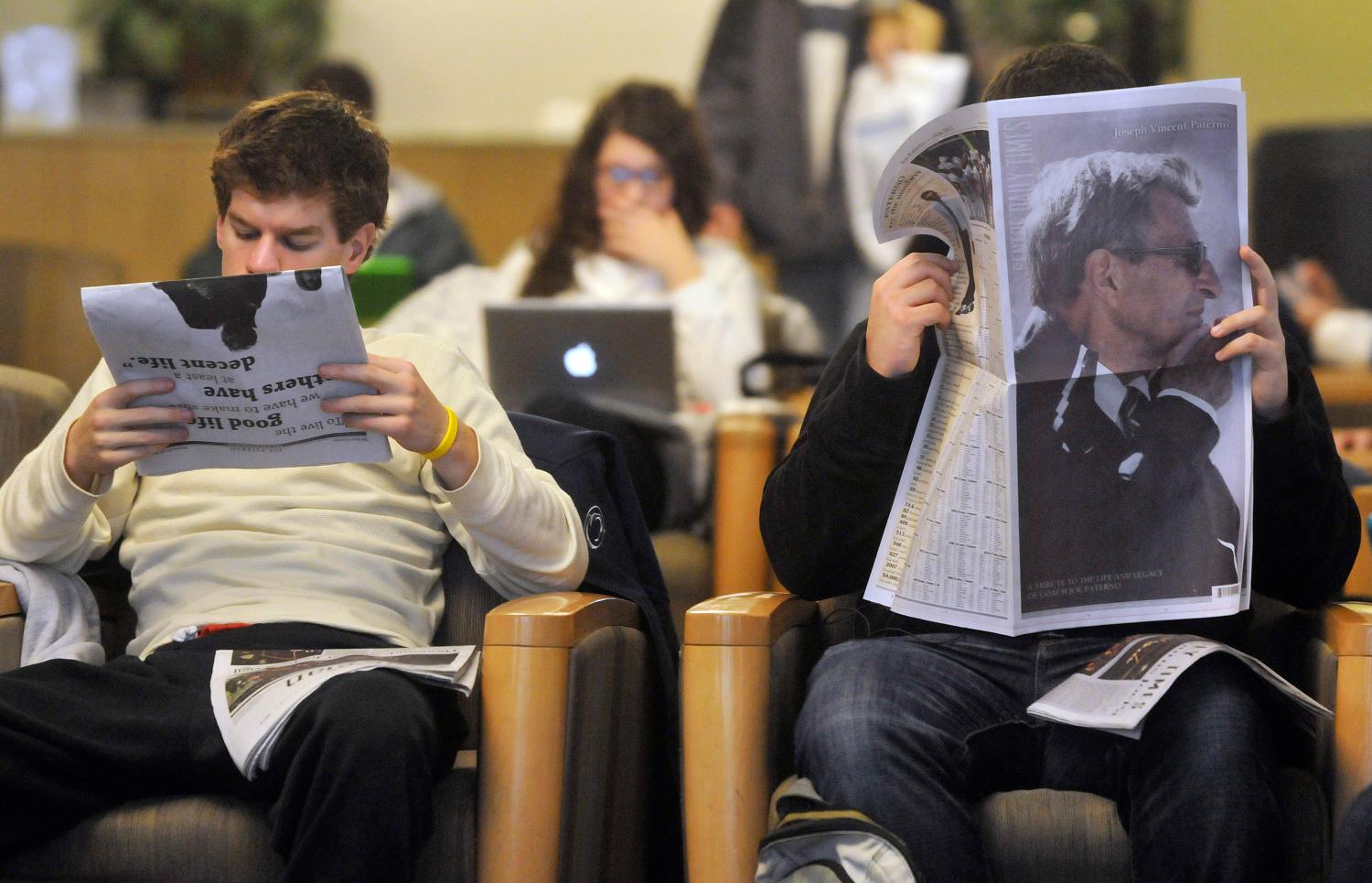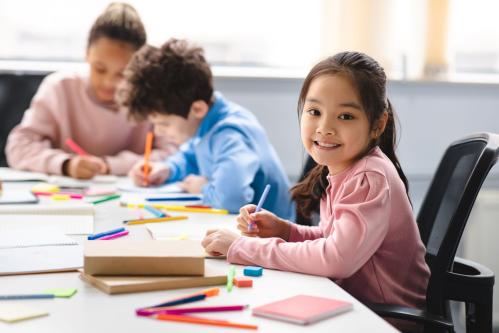Through a series of observational studies of a news literacy course based at Stony Brook University, James Klurfeld and Howard Schneider examine methods to better train emerging journalists and news consumers to be savvier and more discerning reporters and readers. This paper is a detailed dive into how to reinforce objectivity, news research and consumption skills among Millennials.
In the Digital Age, the ultimate check against the spread of rumor, pernicious falsehood, disinformation, and unverified reports masquerading as fact, will never be just more and better-trained journalists and professional gatekeepers, these scholars argue. Instead, it will require a generation of astutely educated news consumers, as well as native producers and distributors, who will learn to be their own editors and identify for themselves fact- and evidence-based news and information.
Klurfeld and Schneider survey the ways in which Stony Brook attempted to meet this pedagogical goal and found that the program did have positive outcomes. Stony Brook compared students who took the News Literacy course vs those who didn’t. The News Literacy students routinely consumed more news from more sources, rated keeping up with the news as more important, registered to vote in higher numbers, could deconstruct some video news stories more effectively, had a higher regard for the “watchdog function” of the press and had a more nuanced view, in general, of the news media. For example, at the outset of the semester only 17 percent of those taking the course felt the media treated both sides of a story fairly; by semester’s end the number had jumped to 52 percent, report the scholars.
Klurfeld and Schneider argue that without a consensus on facts—something that is becoming less common as media exposure continues—society risks serious policy paralysis. The authors argue that the Internet has empowered the masses to take reporting into their own hands—tweeting and posting to Facebook anything that they deem newsworthy, for instance—that contributes to the increased amount of misinformation circulating. These scholars also assert that if we want to improve the quality of today’s news coverage, then we need to invest in educating young people on how to gather and process news information, or we risk policy paralysis and misunderstanding.



